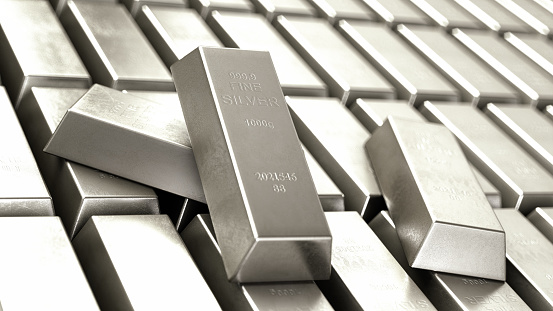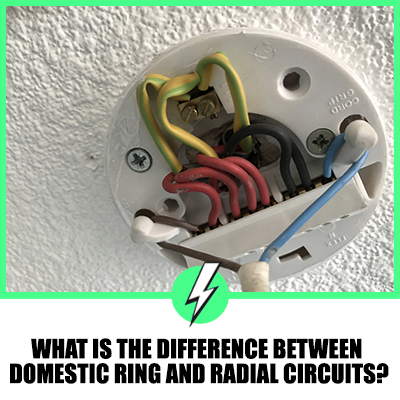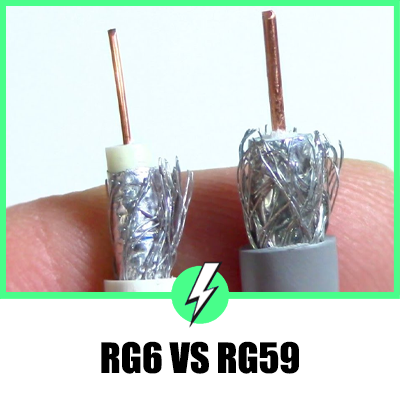Which Is A Better Conductor: Gold Or Silver? What’s The Best-Conducting Metal?
Why don’t all metals conduct electricity in the same way? Can metals conduct electricity in their molten state?
Silver is the best conductor in the world, even more, conductive than copper. However, the price difference means we use copper for most electrical wiring. Metals vary in conductivity; it’s due to the electron structure. Silver has one valence electron, enabling electricity to move with very little resistance.

Contents
Which substance is the best conductor of electricity?
Pure silver is the best conductor of electricity, but it is not used very much as a conductor due to its price and its oxidation rates.
Once silver starts to oxidise, it loses some of its conductivity properties.
How do metals score in conductivity? Here is a chart that breaks it down for you:
IACS (International Annealed Copper Standard)
| Ranking | Metal | % Conductivity* |
| 1 | Silver (Pure) | 105% |
| 2 | Copper | 100% |
| 3 | Gold (Pure) | 70% |
| 4 | Aluminium | 61% |
| 5 | Brass | 28% |
| 6 | Zinc | 27% |
| 7 | Nickel | 22% |
| 8 | Iron (Pure) | 17% |
| 9 | Tin | 15% |
| 10 | Phosphor Bronze | 15% |
| 11 | Steel (Stainless included) | 3-15% |
| 12 | Lead (Pure) | 7% |
| 13 | Nickel Aluminium Bronze | 7% |
Why is gold a worse conductor than silver?
Gold has more resistance than silver, making it a less desirable conductor to use, but gold does have some benefits over silver when it comes to electricity.
Although gold has a higher resistance than silver, it does not oxidise at the same rate, which makes it perfect for use in electronics for connecting silicon chips where a high anti-corrosion factor is more important than its higher resistance values.
Why is resistance important?
If you have a component in a circuit with high resistance, you need to add more power to achieve the same result as a component with less resistance.
What is the cause of electrical conductivity in metal?
Free electrons. Metals conduct electricity by allowing electrons to move freely between the metal atoms.
Obstructions such as covalent bonds add resistance to the metal and impede the electrons from flowing.
In some metals, in a molten form, the covalent bonds become neutral and prevent any conductivity.
Which is better conductor copper or silver?
Copper. Copper is less magnetic than silver and conducts electricity easier. Silver has a problem due to its propensity to oxidise, which impedes the flow of electricity through the material.
However, in real terms, when it comes to electricity transmission, silver is a better conductor than copper, with 105% conductivity over copper 100% conductivity.
What is copper used for?
Because copper is an excellent conductor, its main uses are in the electrical industry, from wiring circuits in domestic dwellings to commercial and industrial wiring for almost every electrical component.
Copper is a low reactive material and is not affected by water or acids, and oxidisation is very slow when left in an open environment.
These are some of the uses for copper:
- 13 amp plug pins, it s used because copper has low reactivity and is strong.
- Water pipes and copper are used again because they do not react with water and leach chemicals into it. Copper tubing is ductile and can be shaped easily while keeping its structural integrity. Copper is an anti-bacterial.
- Saucepan base because of its thermal conductivity properties and low reactivity.
- Electric cables, due to their superior conductivity, copper is ductile and can be manipulated by hand while being strong. Copper is used in all wiring applications, from appliances to microprocessors.
If copper is such a good conductor, how fast does electricity travel through copper?
670,616,629 miles per hour, 1 or 300 million metres per second.
Where is silver used as a conductor?
Solder. Due to the high conductivity of silver, a certain amount of silver can be added to solder to make a good low resistance connection.
Silver can be used on circuit boards in certain applications and some electrical contacts.
How much is silver per kilo?

Silver is a commodity traded on the stock market, so the price can fluctuate significantly. As of mid-May 2022, Ag is £550.00 per kilo.
Compared to copper, copper is £4.50 per kilo and cable manufacturers are paying less than that, so the disparity in costs is enormous, making copper the best value conductor on the market.
Is aluminium a good conductor?
Aluminium is 4th on the conductivity scale, so you don’t see aluminium conductors being used in domestic applications.
Why is aluminium not used in house wiring as a conductor?
Aluminium and copper are dissimilar metals. As a result, galvanic corrosion can occur in the presence of an electrolyte, causing these connections to become unstable over time.
Where is aluminium used as a conductor?
Power transmission lines. The lives that carry power from the national grid are aluminium. Even though they are not the best conductors of electricity, aluminium is a third of the weight of copper, meaning that aluminium wire with half the weight of a copper wire would have the same electrical resistance.
The weight advantage makes aluminium the conductor of choice when spanning vast distances of overhead cables.
Can electricity pass through aluminium foil?
Yes. Even if the aluminium foil is oxidised, it still has low resistance and is a conductor. You will receive an electric shock through aluminium foil.
For all that is great about copper when compared with gold, copper does not have all the properties that electronics companies look for.
For insurance, copper is more chemically active than gold, and in the production process of circuit boards, there are acid washes to make sure the circuit boards are meticulously clean.
Copper is not the material of choice for making connections. Gold is ductile and much softer than copper, and easy to work with
Using god as the conductor adds longevity to the circuit board and the electronics gadget you use every day.
Even with gold’s perceived high value, it is still the preferred choice for the electronics industry.





